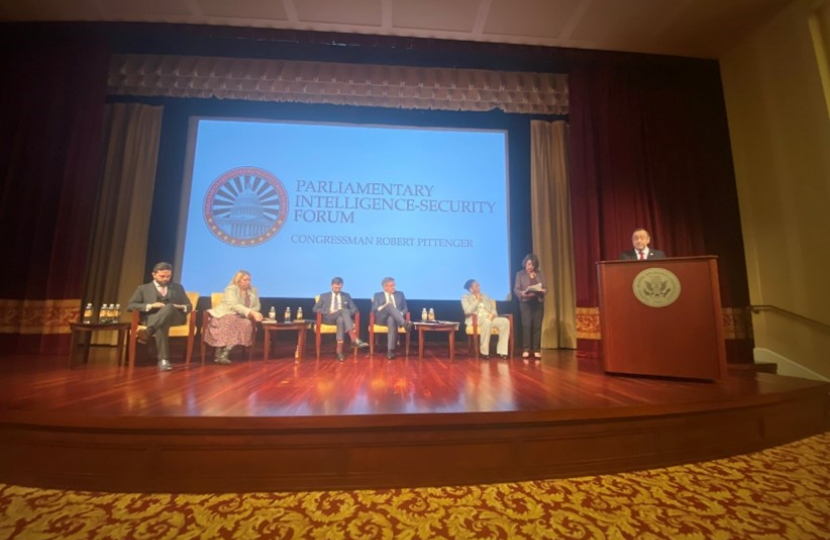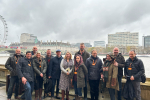
July 30th was World Day against Trafficking in Persons and as Co-Chair of the APPG on Human Trafficking & Modern Slavery and a member of the Parliamentary Intelligence Security Forum Human Trafficking Taskforce, this is an issue that I have continued to work on since my time as Minister in the Home Office.
It takes enormous courage for a survivor of human trafficking to talk about their experiences and we recently heard Sir Mo Farah’s story. If Olympic gold medals, world records and a knighthood weren’t achievement enough, he has accomplished all this having survived a horrendous crime; one that is still in our midst in the UK today.
Child trafficking in the UK exists in a multitude of forms from criminal exploitation where young people are coerced into distributing drugs across geographical areas for gangs, sexual exploitation and forced labour to domestic servitude in the case of Sir Mo Farah. Owing to the hidden nature of domestic servitude, this exploitation type is often the hardest to detect and, in some cases, can remain concealed for years.
It is critical that professionals working with children are trained on observing potential indicators of modern slavery so they can step in and disrupt abuses children may be facing. In Sir Mo Farah’s case it was a teacher he trusted, which changed the course of his life forever and ensured rescue from his exploiters.
Our Government is a world leader in tackling modern slavery. We published the first ever Modern Slavery Act in 2015 and we must continue to uphold this reputation by affording victims stability and long-term, consistent support that extends from the moment of identification and throughout their recovery journey. Without this, the stories of survivors remain hidden, perpetrators escape prosecution and even a national hero as Sir Mo lives in fear of speaking out.


